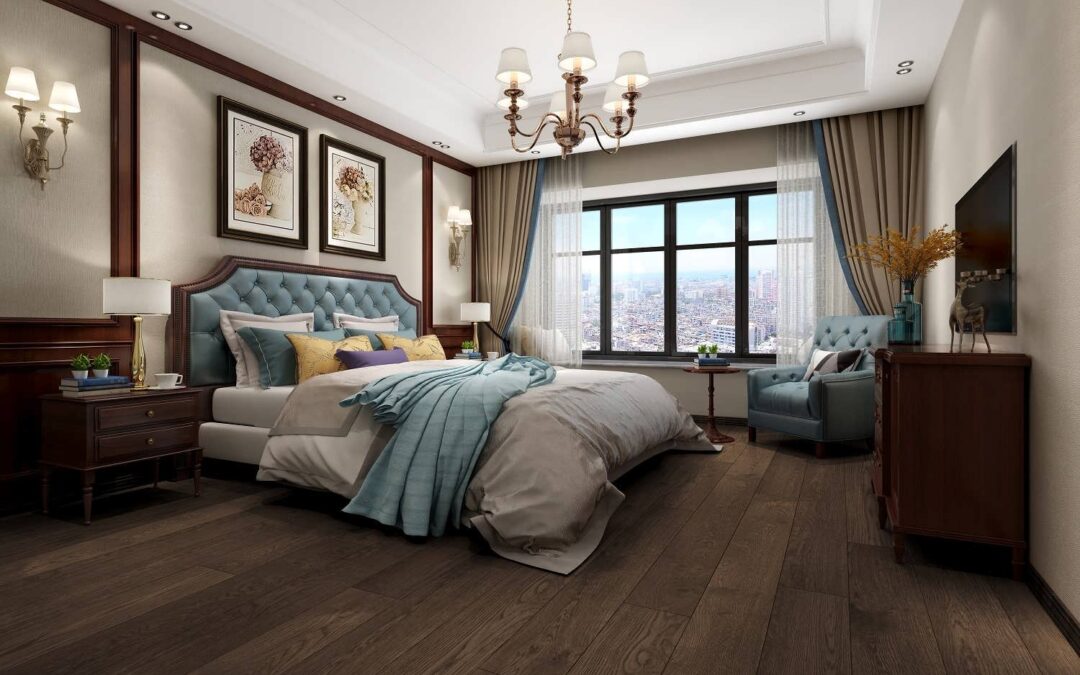An engineered hardwood floor is comprised of a solid veneer layer of quality wood that is glued and compressed over multiple layers of plywood. Creating the perfect look for your home is as challenging as it is inspiring – it’s all about creating that perfect look and feel. As you likely already know, what really ties your space together is your choice of flooring – its color, its texture, and the fundamental energy it gives to any room it inhabits.
While there are countless kinds of wood floors open to you nowadays, the techniques used in how they’re made can have just as much of an effect on its appearance, texture and how it stands the test of time.
With that in mind, what is an engineered wood floor? At first glance, it may not be that different to the kinds of flooring you already know, especially hardwood floors. But dig a little deeper – both literally and figuratively – and the truth of engineered wood floors becomes all the more clear.
Is engineered wood flooring the same as a hardwood floor?
The short answer to this is that, to the immediate observer, engineered wood floors are visually very similar to hardwood floors. However, there are actually some key distinctions that set the two types of wooden floors apart.
The most technical of these is the means of installation. Hardwood floors need a specialist craftsman’s hand to properly install, and there are techniques to nailing in and securing this kind of flooring that makes it a trade skill that’s still in high demand today.
By comparison, engineered wood floors are more DIY friendly. Almost anyone can pick up the individual pieces of engineered wood floor and piece them together with their interlocking joints – or glue them into place, in some cases.
Does engineered wood last as long as hardwood floors?
Hardwood flooring is solid wood, so it’s often built to last. By contrast, engineered wood floor pieces are more lightweight plywood, but with an additional layered finish that looks, feels and shows similar strength to regular hardwood floors.
As a result, engineered wood is easy to install and to maintain, but it also can enjoy decent longevity. A properly maintained engineered wood floor could last 30 years or more, and will withstand the elements just as effectively – just try to avoid damp or wet spaces.
The tradeoff with engineered wood floors is that the layer of finish is comparatively thin, meaning that – unlike hardwood floors – engineered wood floors usually cannot be sanded down and refinished later in life depending on the thickness of the wood. However, actually replacing the planks and pieces is far easier than it would be for hardwood floors.
Is engineered wood flooring expensive?
As a general rule, engineered wood floors are more affordable than hardwood floors due to the materials they use and the simplicity with which the flooring itself can be installed.
With plenty of strength to offer and often many handsome looks to choose from, this makes engineered wood flooring an appealing choice.
Still undecided? No need to fret – remember, we are always here to help you choose the best flooring option for your space.

